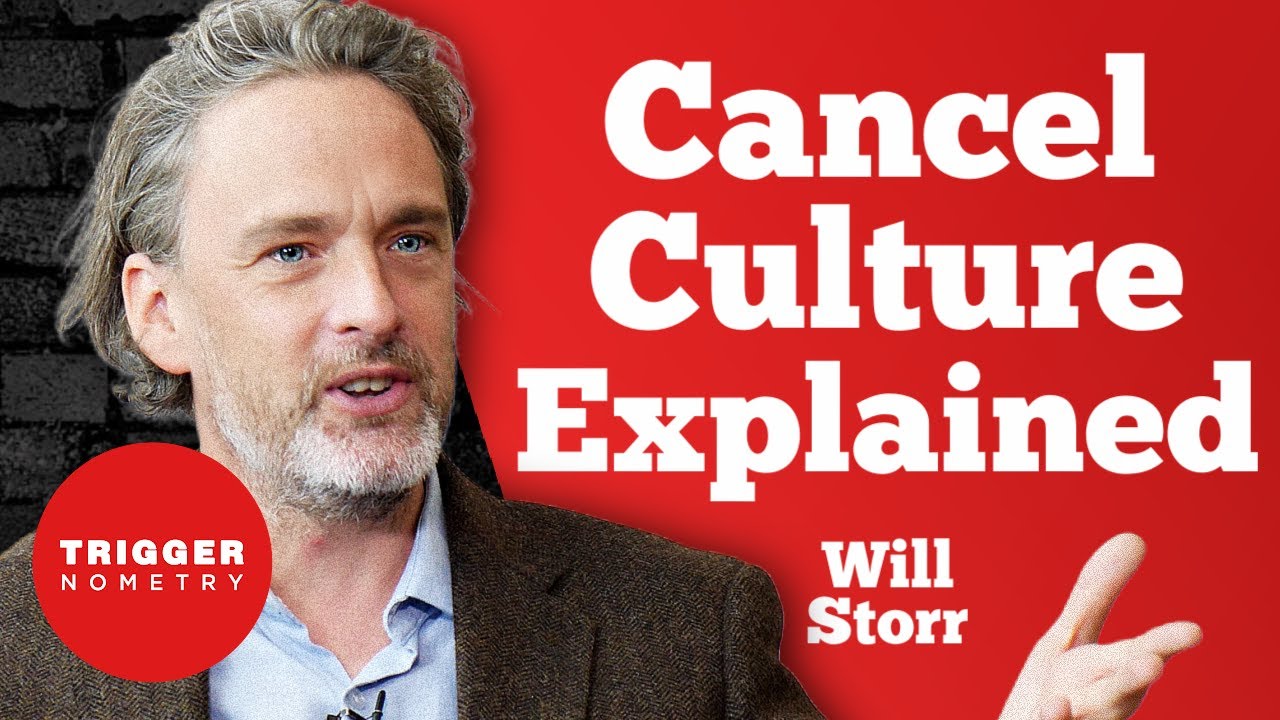‘Blue Zones’ provide guide to living longer, healthier life
Summary
TLDRDan Buettner, a New York Times best-selling author and founder of Blue Zones, discusses his book 'The Blue Zone Challenge' in this interview. He explains the concept of Blue Zones, regions known for the longest-lived people, such as Sardinia, Italy, and Okinawa, Japan. Buettner outlines key lifestyle habits that contribute to longevity, like plant-based diets, stress-reducing rituals, and community involvement. He emphasizes that longevity is not about discipline or self-control, but about shaping environments that naturally promote healthier choices, and he offers a four-week guide to help people achieve long-term well-being.
Takeaways
- 🌍 The concept of 'Blue Zones' refers to areas around the world where people live the longest, including Sardinia (Italy), Okinawa (Japan), Ikaria (Greece), Nicoya Peninsula (Costa Rica), and the Seventh-day Adventist community in the U.S.
- 🧬 Only 20% of longevity is dictated by genetics; the other 80% comes from lifestyle, environment, and habits.
- 🥗 People in Blue Zones primarily follow a whole food, plant-based diet, with 65% of their intake coming from complex carbohydrates.
- 🚶♂️ Regular movement is naturally integrated into daily life in these regions, often through activities like walking, gardening, and manual work.
- 🧘♀️ Stress management is key: Blue Zone residents have daily rituals to downshift, like remembering ancestors (Okinawa), napping (Greece), and prayer (Seventh-day Adventists).
- 🍷 Socializing and connection are crucial, with traditions like 'happy hour' in Sardinia fostering a sense of community and relaxation.
- 👫 The immediate social circle significantly impacts health: If your friends have healthy habits, you're more likely to adopt them as well.
- 💪 Successful long-term health changes are more about shaping your environment than relying on self-control or discipline.
- 📅 The Blue Zone Challenge is a four-week guide that helps people engineer their surroundings to naturally promote healthier choices without needing willpower.
- 🎯 Long-term, sustainable health improvements require creating environments that make the healthy choice the easy and automatic one.
Q & A
Who is Dan Buettner?
-Dan Buettner is a New York Times best-selling author and the founder of Blue Zones, an organization focused on providing people with tools to live longer, healthier, and happier lives.
What is the main purpose of Buettner's book 'The Blue Zone Challenge'?
-'The Blue Zone Challenge' provides a four-week guide to help people live longer, healthier lives based on habits and environments from the world's longest-lived communities.
What are 'Blue Zones'?
-Blue Zones are regions identified through a National Geographic project where people live significantly longer lives. These regions include Sardinia (Italy), Okinawa (Japan), Ikaria (Greece), Nicoya Peninsula (Costa Rica), and among Seventh-day Adventists in the United States.
What percentage of longevity is determined by genetics, according to Buettner?
-Only 20% of longevity is dictated by genetics, while the other 80% is influenced by lifestyle and environment.
What common habits do people in Blue Zones share that contribute to their longevity?
-People in Blue Zones live in environments that encourage regular movement, have sacred rituals to reduce stress, eat primarily whole food, plant-based diets, and have strong social circles that support healthy living.
How does diet in Blue Zones differ from the standard American diet?
-In Blue Zones, about 65% of dietary intake comes from complex carbohydrates, mainly from whole plant-based foods. This diet can extend life expectancy by about six years compared to the standard American diet, which is higher in processed foods.
What rituals help reduce stress in Blue Zones?
-In Okinawa, people remember their ancestors daily, in Costa Rica and Greece, napping is common, and among Adventists, prayer is used to manage stress.
Why does Buettner believe diets fail to create lasting change?
-Buettner argues that no diet has worked for more than 3% of people after two years. Instead of relying on willpower and self-control, he advocates for shaping environments to make the healthy choice the easy choice.
What role do social circles play in achieving longevity, according to Buettner?
-Buettner emphasizes that the people you spend time with influence your habits. If your closest friends are healthy and active, you are more likely to adopt similar habits, which can improve long-term health.
What is Buettner’s advice for people seeking long-term change for a healthier life?
-Instead of focusing on self-discipline or trying to change behavior, Buettner suggests shaping your environment and social circle to support healthier choices automatically.
Outlines

このセクションは有料ユーザー限定です。 アクセスするには、アップグレードをお願いします。
今すぐアップグレードMindmap

このセクションは有料ユーザー限定です。 アクセスするには、アップグレードをお願いします。
今すぐアップグレードKeywords

このセクションは有料ユーザー限定です。 アクセスするには、アップグレードをお願いします。
今すぐアップグレードHighlights

このセクションは有料ユーザー限定です。 アクセスするには、アップグレードをお願いします。
今すぐアップグレードTranscripts

このセクションは有料ユーザー限定です。 アクセスするには、アップグレードをお願いします。
今すぐアップグレード5.0 / 5 (0 votes)






